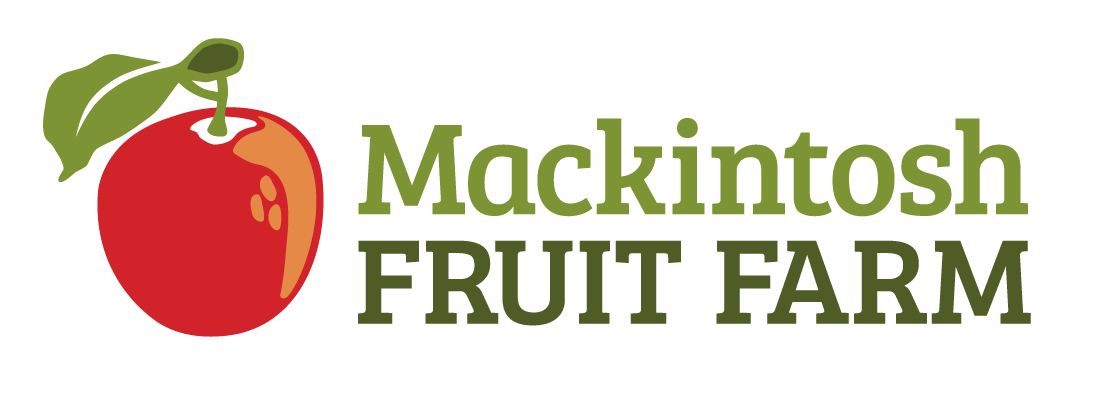A question from one of our customers and our answer:
“Normally, we buy organic from the store, which gives us limited choices and generally from Mexico or California. I’ve heard of some farms in the area that use a least-impact approach to pest control. Can you tell me what methods/products you use for pest/weed control on your farm/what products you used for your current bounty?”
I always enjoy questions about the safety of our produce.
For starters, I have always had concerns about buying produce from other countries. Our government can only inspect a small percentage of imported fruits and vegetables that are made available through our supermarket chains.
Large produce distributors can often buy fruits and vegetables for less money from other countries making them more lucrative than domestic produce. So when the food industry has to make a choice between safe nutritious food and return on investment which one will come out on top? I for one hope it is the healthy food choice??? I will get off the soap box now and do my best to answer the question.
Is organic food safer than conventional? In some cases the answer is a definite yes.
If we compare a mild organic orchard pest control program with a harsh conventional program that uses organophosphates and carbamates then I will pick the organic produce every time.
On the other hand, produce that uses some organic pesticides and some of the new fast track reduced risk EPA approved materials, can take advantage of the best of both worlds.
Organic growers have been using things like antibiotics, copper compounds, sulfur, and insecticides made from flower extracts. Many of these organic materials are not overly effective so they are applied over and over, which means more trips through the orchard, burning more fuel, and building up toxic levels of these materials that last for many years in the soil.
The organic flower extract insecticides, like pyganic, are effective at killing insects, but they are nonselective so they kill all of the good insects along with the bad ones. That makes farmers more dependent on pesticides because the beneficial insects that eat the bad bugs are gone.
To keep the weeds down under our fruit trees we use a fatty acid called scythe. To be effective it must be applied in full sun. It reduces the protective waxy layer on the leaves of the weeds which allows the sun to burn them. It is kind of like spreading baby oil on your skin and sitting in the sun, it will increase the burn.
The approach that we have taken at Mackintosh Fruit Farm has helped us reduce chemical sprays by only applying low risk materials, that don’t harm our good bugs and don’t build up in our soils. Some of these materials are derived from a yeast fermentation process that is very similar to the manufacturing of beer.
One of the main control practices that we are taking advantage of now is mating disruption. We are working with Mother Nature instead of against her. We apply an insect scent around the orchard that female insects use to attract their mates. This confuses the male and he chases the scent, which unfortunately for him, turns out to be a dead end. With fewer male moths finding female moths egg laying is greatly reduced and therefore the damaging worms are not available to invade our crops.
Even though mating disruption is the safest insect control measure available, the organic governing body, OMRI, doesn’t allow it because the dispensers that release the scent are made of plastic and plastic is not organic.
When it comes to food safety they have thrown the baby out with the bath water. Safety should come 1st and if OMRI won’t allow me to take advantage of the safest pest management on the market, I don’t want to be OMRI certified. The approach that we are taking now allows us to spray less, use the safest pest control measures, and produce a product that we know is the safest on the market.
Thank you for your questions and as always, our goal is to provide the best tasting fresh picked fruit you can find. You definitely cannot find our home grown goodness in your local grocery store.
Come on out and pick some for yourself and taste!
Bill Mackintosh
